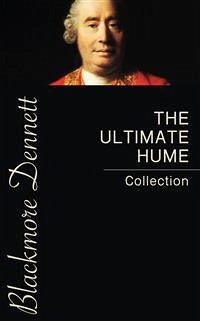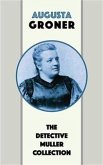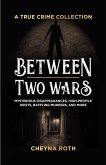David Hume was a Scottish Enlightenment philosopher, historian, economist, and essayist, who is best known today for his highly influential system of philosophical empiricism, scepticism, and naturalism. Hume's empiricist approach to philosophy places him with John Locke, George Berkeley, Francis Bacon and Thomas Hobbes as a British Empiricist. Beginning with his A Treatise of Human Nature (1738), Hume strove to create a total naturalistic science of man that examined the psychological basis of human nature. Against philosophical rationalists, Hume held that passion rather than reason governs human behaviour. Hume argued against the existence of innate ideas, positing that all human knowledge is founded solely in experience.
In what is sometimes referred to as Hume's problem of induction, he argued that inductive reasoningand belief in causality cannot be justified rationally; instead, our trust in causality and induction result from custom and mental habit, and are attributable only to the experience of "constant conjunction" of events. This is because we can never actually perceive that one event causes another, but only that the two are always conjoined. Accordingly, to draw any causal inferences from past experience it is necessary to presuppose that the future will resemble the past, a presupposition which cannot itself be grounded in prior experience.
Hume's opposition to the teleological argument for God's existence, the argument from design, is generally regarded as the most intellectually significant attempt to rebut the argument prior to Darwinism.
The Ultimate Hume Collection features:
A Kind of History of My Life
A Treatise of Human Nature
An Enquiry Concerning Human Understanding
An Enquiry Concerning the Principles of Morals
The History of England
The Natural History of Religion
My Own Life
Dialogues Concerning Natural Religion
Essays
and
Personal Correspondence
In what is sometimes referred to as Hume's problem of induction, he argued that inductive reasoningand belief in causality cannot be justified rationally; instead, our trust in causality and induction result from custom and mental habit, and are attributable only to the experience of "constant conjunction" of events. This is because we can never actually perceive that one event causes another, but only that the two are always conjoined. Accordingly, to draw any causal inferences from past experience it is necessary to presuppose that the future will resemble the past, a presupposition which cannot itself be grounded in prior experience.
Hume's opposition to the teleological argument for God's existence, the argument from design, is generally regarded as the most intellectually significant attempt to rebut the argument prior to Darwinism.
The Ultimate Hume Collection features:
A Kind of History of My Life
A Treatise of Human Nature
An Enquiry Concerning Human Understanding
An Enquiry Concerning the Principles of Morals
The History of England
The Natural History of Religion
My Own Life
Dialogues Concerning Natural Religion
Essays
and
Personal Correspondence









